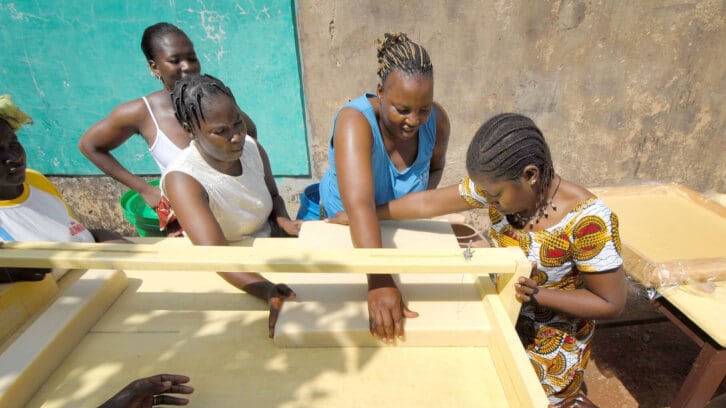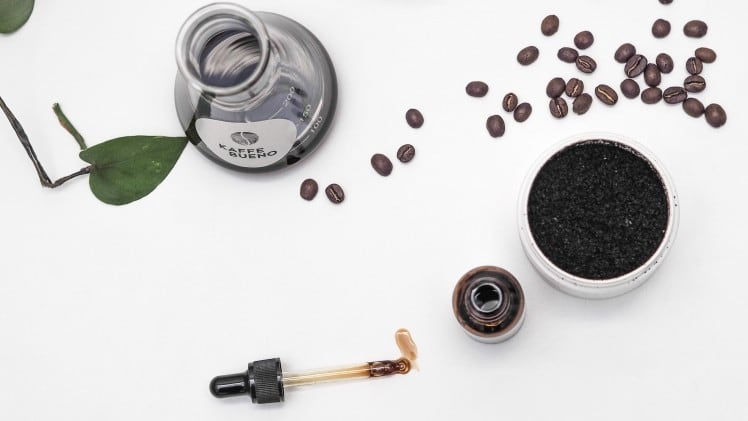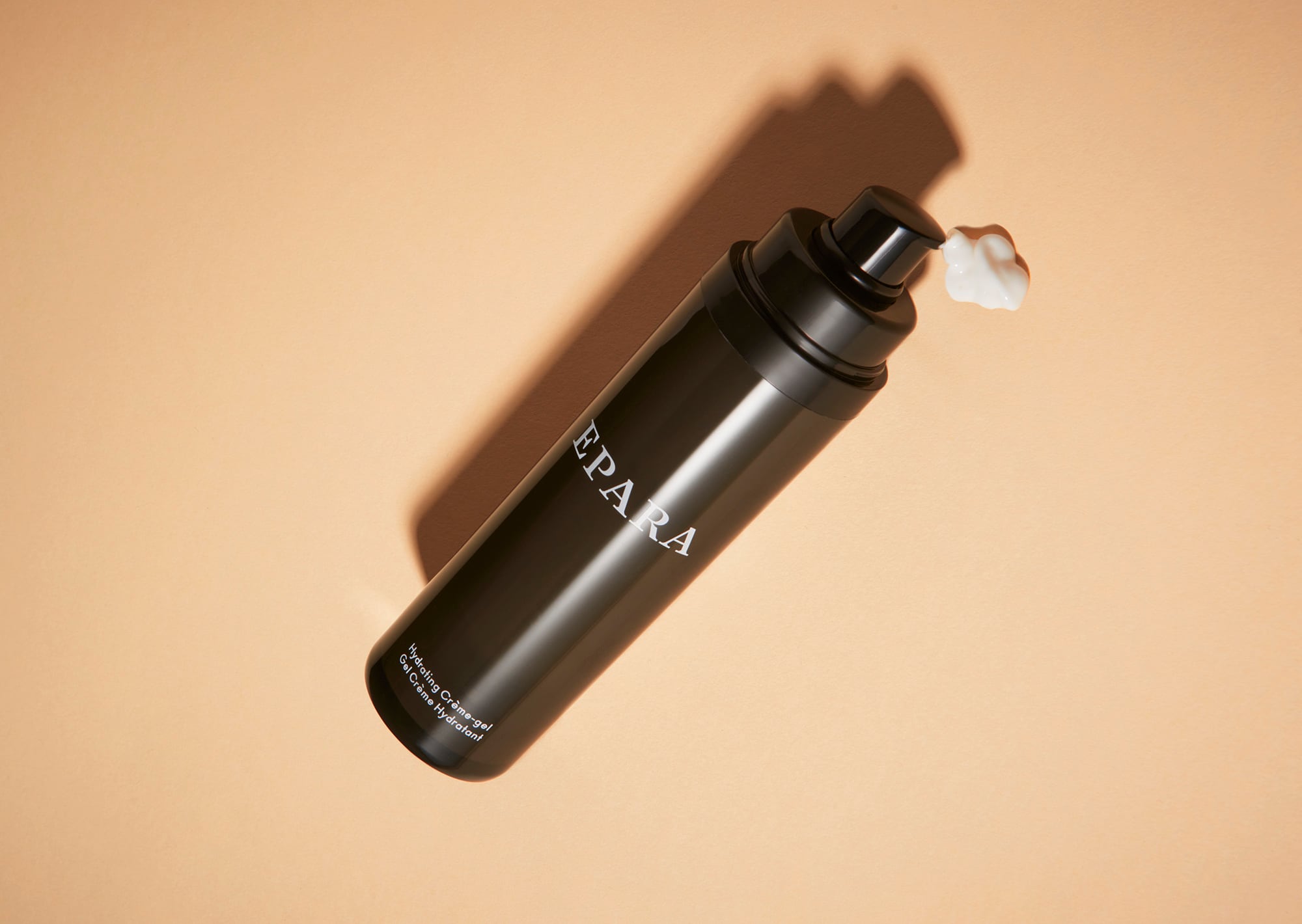Kerfoot, which was established in 1980 and is now part of Avril Group, is a global supplier of bulk and packed, refined and speciality oils. The company has a portfolio of over 500 products and supplies to brands, manufacturers and distributors in the personal care and food market markets.
As a specialist supplier of oils and blends, Kerfoot makes it its mission to source raw materials and products that are authentic, sustainable and fully traceable.
“But, while we are heavily invested in delivering an authentic product to our customers, it’s about more than just establishing provenance,” explained Jody Turner, product manager, specialist oils at Kerfoot. “We firmly believe in partnering with suppliers that work towards the social good in the areas they operate in.
This is just one of the reasons why we support our shea butter supplier, the Savannah Fruits Company, in the uplift of rural women in Ghana,” said Turner. “We believe that when you empower a woman to become financially independent, you also empower a village.”
Ethical procurement is challenging
Shea butter has been produced in Ghana for centuries and local women used the wonder ingredient to protect and moisturise their skin and hair.
According to the Global Shea Alliance, around 300,000 metric tonnes of shea was imported into Europe in 2020. Ghana is the largest exporter of unrefined shea butter, with around 94 million shea trees in the country, which produce around 60,000 tonnes of shea nuts per year. Ghana also has the most developed shea processing sector.
“One of the biggest challenges around shea butter production is ethical procurement, particularly with products originating from the developing world," shared Turner.
Female farmers and processors are central to the sector and play a huge role in lifting the agricultural chain of developing countries.
According to the Food and Agriculture Organisation of the United Nations, female entrepreneurs represent an estimated 45% of the labour force globally - rising to 60% in some regions on the African continent and in Asia.
The UN Development Programme (UNDP) estimates that on average three million African women work directly, or indirectly, with shea butter.
However, EU project Demeter said that the sector faces many challenges, including gender gaps in land ownership, access to finance, training and leadership positions, and gender-based discrimination and stereotyping – often anchored in local belief systems. This makes partnering with reliable and trusted cooperative, supplier or distributor that can put their needs first a priority.
The Savannah Fruits Company is situated in the Tamale region in the centre of the savannah zone in northern Ghana, where the land has many productive tree species that can provide a viable income to rural communities.
Kerfoot started working with the company in 2013 after it became aware of the opportunities offered by initiatives that fostered community planting, harvesting, processing and value-addition of the high-quality natural oils and fats.
“Since then, our relationship has grown to be a mutually beneficial partnership. It not only allows us to source the very best in class shea butter, but also offers a global route to market for the cooperative’s high quality raw materials and products,” shared Turner.
“Critically though, it enables us to be part of Savannah’s cooperative model that offers real empowerment to the women of the area, assisting them in achieving food security, nutrition, access to healthcare and technology transfer, and critically, achieving economic independence for them and their families.”
Minimal impact on societal structures
To ensure a minimal impact on the rigid societal structures in the Tamale region, Savannah works inside the area’s villages.
The co-operative aims to preserve the women’s traditional way of life and is focused on keeping the society and cultural integrity intact. Currently, it has 9,728 organically certified shea nut collectors, 1,311 organically certified shea butter processors and 12 organically certified women’s cooperatives on the company’s books.
The shea butter products supplied by Savannah are certified to the highest quality accreditations, including Organic and Fair for Life certification. It’s also subject to a third-party inspection from EcoCert and IMO.
In addition, the company supports local and national conservation goals by working with communities in and around protected areas.
“We remain passionately invested in our support of the women in rural communities. Our continuing relationship with Savannah is a testament to our commitment to uplifting and supporting the rights of women in rural areas, not only in Africa but globally,” said Turner.





